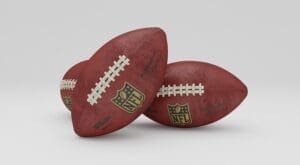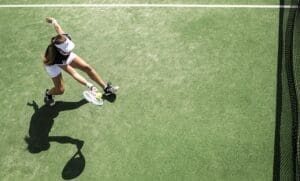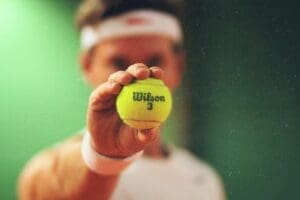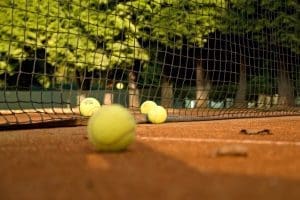Match fixing claims rock Australian Open
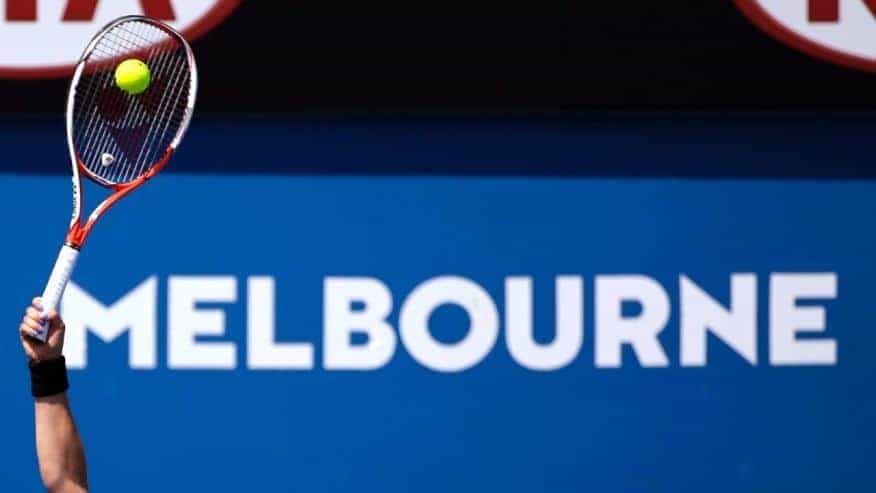
A bombshell report alleging widespread match-fixing in tennis rocked the Australian Open as the season’s first Grand Slam tournament began under a cloud on Monday.
The BBC and BuzzFeed promised 16 top-50 players in the past decade, including Grand Slam champions, had been suspected of fixing matches for gambling syndicates.
Eight of the players under suspicion were due to take to the courts for the Australian Open in Melbourne, and three questionable matches were at Wimbledon, the report maintained.
None of the “core group” of 16 players had faced sanctions, added the report, which was based on secret files leaked by a group of anonymous whistle-blowers.
Association of Tennis Professionals (ATP) chief Chris Kermode said the time of the report was “disappointing” and rejected any suggestion that match-fixing had been covered up.
“The Tennis Integrity Unit and also the tennis authorities completely reject any proposition that evidence of match-fixing has been suppressed for any reason or is not being thoroughly investigated,” Kermode told reporters.
“And while the BBC and BuzzFeed reports mainly refer to events from about ten years ago, we’ll investigate any new advice, and we consistently do.”
$50,000 bribes
The match-fixing report project a shadow over the Australian Open were scheduled on day one with defending champs Novak Djokovic and Serena Williams both in activity.
BuzzFeed said players were targeted in hotel rooms at major tournaments and offered $50,000 or more to repair matches for the gambling syndicates.
The leaked files included details of an investigation into a 2007 match which world number four Nikolay Davydenko -ranked Martin Vassallo Arguello. It found insufficient evidence of corrupt practice by either player.
But the report said the probe uncovered syndicates in Italy and Russia making hundreds of tens of thousands of dollars betting on matches investigators thought to be fixed.
The essential group of 16 suspect players had not been targeted in virtually any crack down, it said, questioning the potency of the Tennis Integrity Unit (TIU), the sport’s anti-corruption body.
“Let me just say that all of us here in tennis are absolutely committed to stamp out any form of corrupt conduct in our sport,” he said.
“There is a zero-tolerance policy on this. We’re not complacent. We’re extremely vigilant on this.”
The sport introduced a new anti-corruption code in 2009 but after taking legal advice were told preceding corruption offences couldn’t be pursued.
“The signs was extremely effective, there appeared to be a great opportunity to nip it in the bud and get a strong deterrent out there to root out the main bad apples.”
The report added last year that the European Sports Security Association, which tracks gambling for bookmakers, flagged up more than 50 suspicious matches to the TIU.


